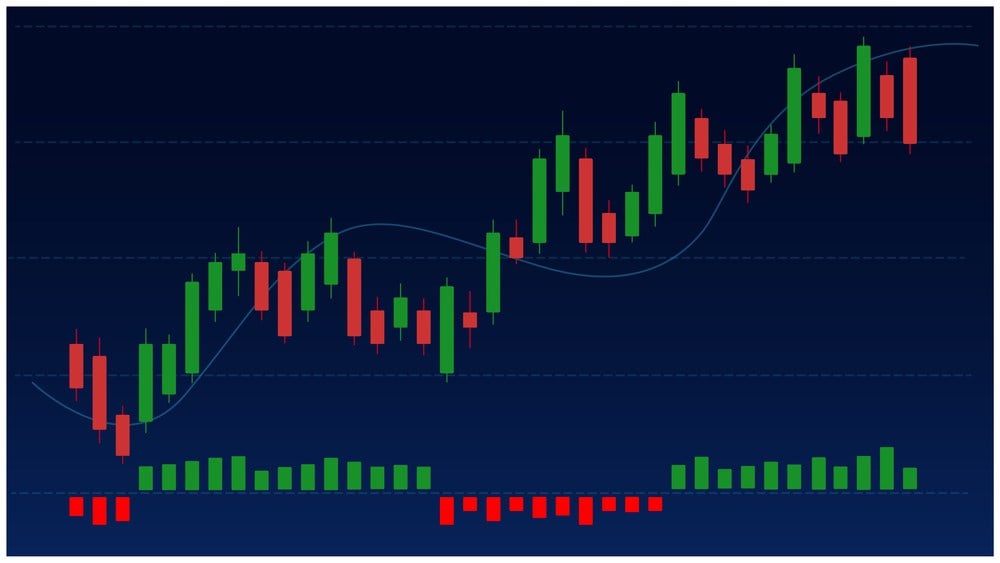
An integer can be any number, positive or negative — but for Integer Holdings Corporation (NYSE: ITGR), the number 105 may be a good fit.
On October 27th, Benchmark Co. analyst Robert Wasserman gave the medical device outsource (MDO) manufacturer a Buy rating and $105 price target. The target forecasts that the mid-cap 1) has more than 20% upside from last week’s close and 2) will surpass its July 2021 record high of $101.61 within the next 12 months.
The research firm’s bullish view follows blowout third quarter results from the Texas-based company. Integer recently announced that Q3 revenue increased 18% year-over-year to $405 million, led by strong performances in its two largest segments — Cardio & Vascular and Cardiac Rhythm Management & Neuromodulation. The 20% sales growth recorded in both businesses reflects strong end-market demand for electrophysiology, structural heart and pre-market approval (PMA) products.
Even more impressive than the top line growth was 34% earnings per share (EPS) growth which marked the company’s best profit jump in nearly two years. With Wall Street anticipating approximately 16% EPS growth, the convincing beat was aided by margin expansion tied to a supply chain recovery and successful cost containment.
Management backed up the Q3 results by raising its full-year guidance. Expecting market share gains, it raised revenue growth guidance to 14% to 16% (from 11% to 13%) and adjusted EPS to $4.47 to $4.67 (from $4.23 to $4.43). The revised 2023 EPS outlook points to 18% growth at the midpoint after the company posted a 5% profit decline in 2022.
Integer shares gapped up more than 15% on the news and have added to the gains amid a broad rally in U.S. equities. A growth strategy that includes both in-house expansion and acquisition activity could keep the run going well into 2024.
What are Integer’s growth drivers?
Integer’s core business is to make medical devices for original equipment manufacturers (OEMs) that span the entire health care sector. Drug delivery systems, implants, catheters, pulse generators and surgical tools are a small sample of its capabilities. If you’ve ever had a medical procedure that involves these or related products, there’s a good chance it was made by Integer.
In recent months, however, the company has expanded its customer offerings to include development-stage services and clinical support. This has allowed it to play a bigger role in the medical device product lifecycle and generate higher revenue.
At the same time, Integer is devoting attention to faster-growing, more profitable markets like electrophysiology, heart structure and neurovascular. Early-stage PMA projects in particular, have become a key part of the business. Such projects account for 80% of Integer’s product pipeline, which shows that the market for innovative medical devices in the post-pandemic healthcare world is red hot.
In addition to broadening its in-house capabilities, Integer is looking outside of its own walls for growth opportunities. Last month, the company paid $42 million to acquire neurovascular catheter maker InNeuro, which has higher profit margins than Integer. The takeover is Integer’s third in as many years after it acquired low-cost manufacturer Oscor in late 2021 and biomaterial technologies provider Aran Biomedical last year. Management noted that both of these businesses are exceeding internal expectations.
Given the product and service expansions, Integer appears to be headed down a path of higher growth and profitability. Even after the recent rally though, its stock may be too cheap.
Is Integer Holdings stock undervalued?
From 2020 to 2022, Integer traded within a wide P/E band of 20x to 45x, which was largely related to market volatility. Based on management’s revised EPS guidance, the stock is trading at 19x this year’s earnings estimate (at the midpoint). This shows how inexpensive it is relative to the company’s post-Covid trading history.
But what about relative to other healthcare equipment players?
Excluding Inari Medical (which has an astronomical 2023 P/E ratio), the average P/E multiple on profitable mid-cap peers is 28x. This puts Integer in deep discount territory compared to its peer group. An argument can be made for a premium valuation considering the company’s expansion into development-stage services and favorable growth outlook.
At a minimum, Integer deserves to trade in line with the group average. If its P/E ratio can expand to at least this level over time, there could be a 50% or more upside. Regardless of when Integer returns to the $100 level, ‘count’ on some nice gains ahead.